Since 1911
Emmanuel College was founded on the educational traditions of Scotland and the Presbyterian Church, with a belief that education, faith and service were vital to building strong communities and shaping future leaders.
Following the establishment of The University of Queensland in 1909–1910, and driven by the belief and determination of a Scotsman, Reverend Dr Ernest Northcroft Merrington MA (1876–1953), a graduate of Edinburgh and Harvard, the Church purchased a property in 1911 on Wickham Terrace to house a Presbyterian residential college.
The name Emmanuel—meaning “God with us”—was chosen and the College’s motto, Fiat Lux—“Let there be light”—reflected its mission to enrich lives through education and service.
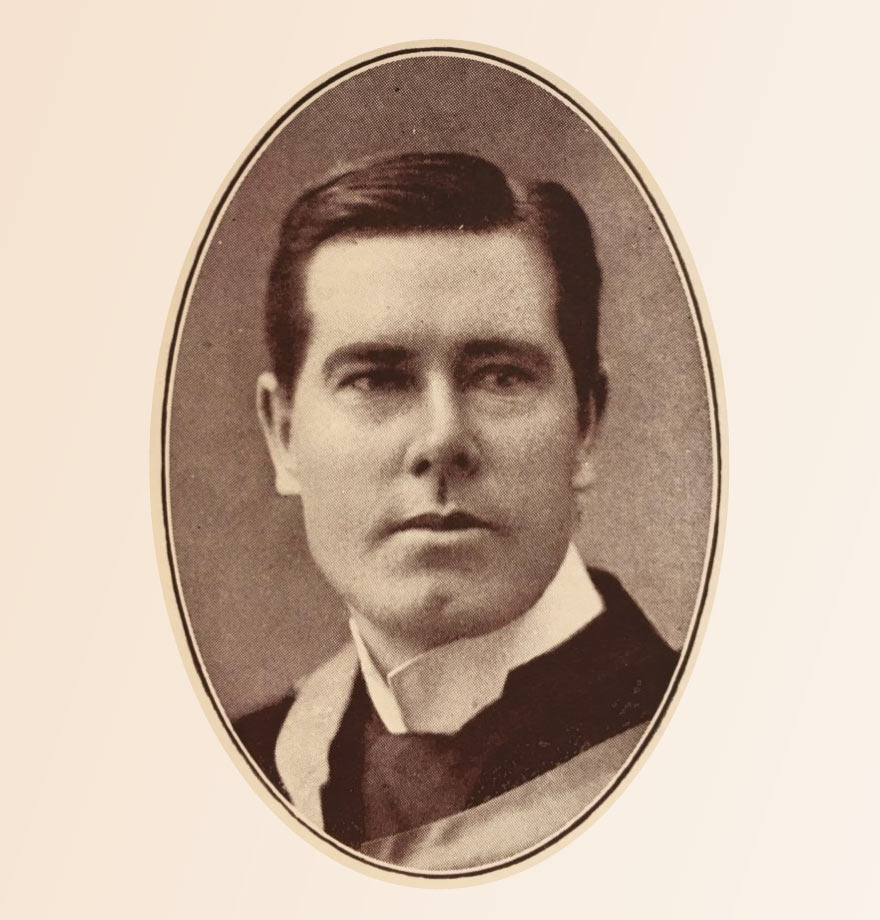
The moments that have shaped us
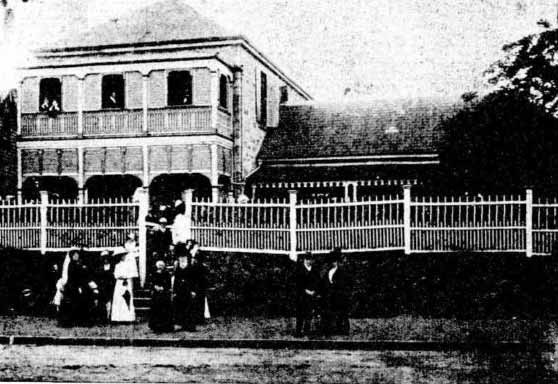
Emmanuel College officially opens its doors on 13 March 1912, welcoming five male resident students under the leadership of Principal Reverend John Meiklejohn MA DD. Founder Reverend Dr Merrington serves as the inaugural chair of the College Council, and the newly established institution adopts its enduring motto: Fiat Lux — ‘Let there be light’.

In May 1912, the College is granted ensigns armorial by the Lord Lyon, King of Arms in Edinburgh. The crest features symbols of the College's educational mission (open book), Scottish and Cambridge ties (rampant lion), geographic location (Southern Cross) and the Merrington family legacy (lion’s collar). The helmet denotes graduate rank, while the Burning Bush and Latin motto (“But it was not consumed”) reflect Presbyterian roots. The phrases Fiat Lux (“Let there be light”) and “Let God Speak” on the book express the College’s enduring connection to faith and learning.
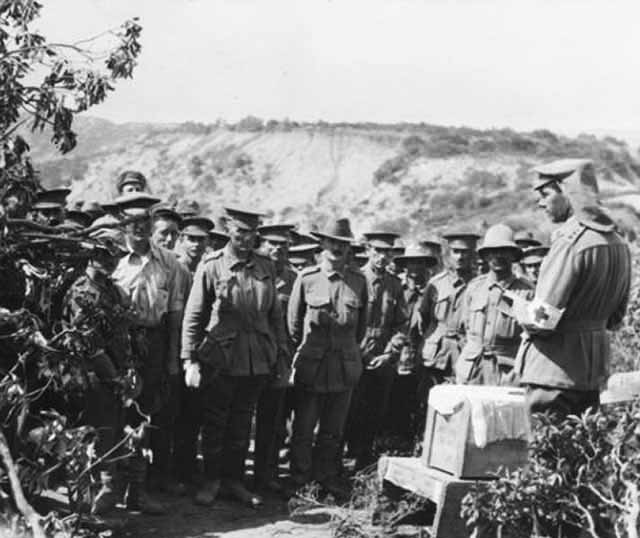
With the outbreak of World War I, the majority of Emmanuel’s residents, staff and council members enlist. Among them is Reverend Dr Merrington, who serves as the ANZACs’ highest-ranking chaplain at Gallipoli and on the Western Front.
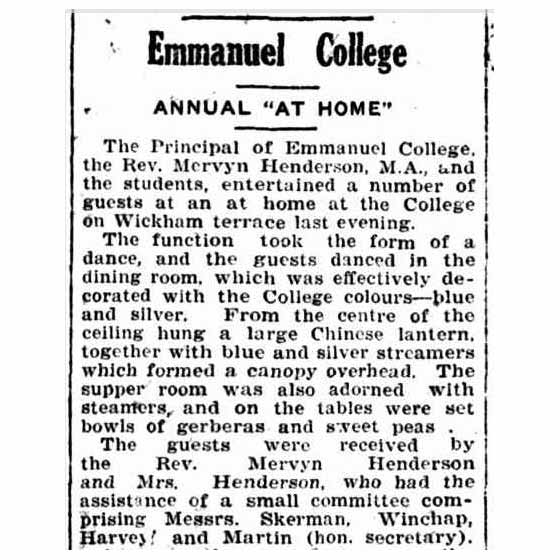
Defying early objections from the church, students launch the first Emmanuel 'At Home'—an event that soon captures widespread enthusiasm and becomes a celebrated fixture.

Emmanuel joins the UQ Inter-College Competition and claims the ICC Cup in 1929. The college establishes a legacy in rowing, triumphing in the ICC Head of the River for an extraordinary nine consecutive years from 1927 to 1935.

The Emmanuel College Students’ Club (ECSC) is founded to lead the social and sporting life of students, and includes a committee designed to formalise the relationship between the student body and the college’s governing officials.
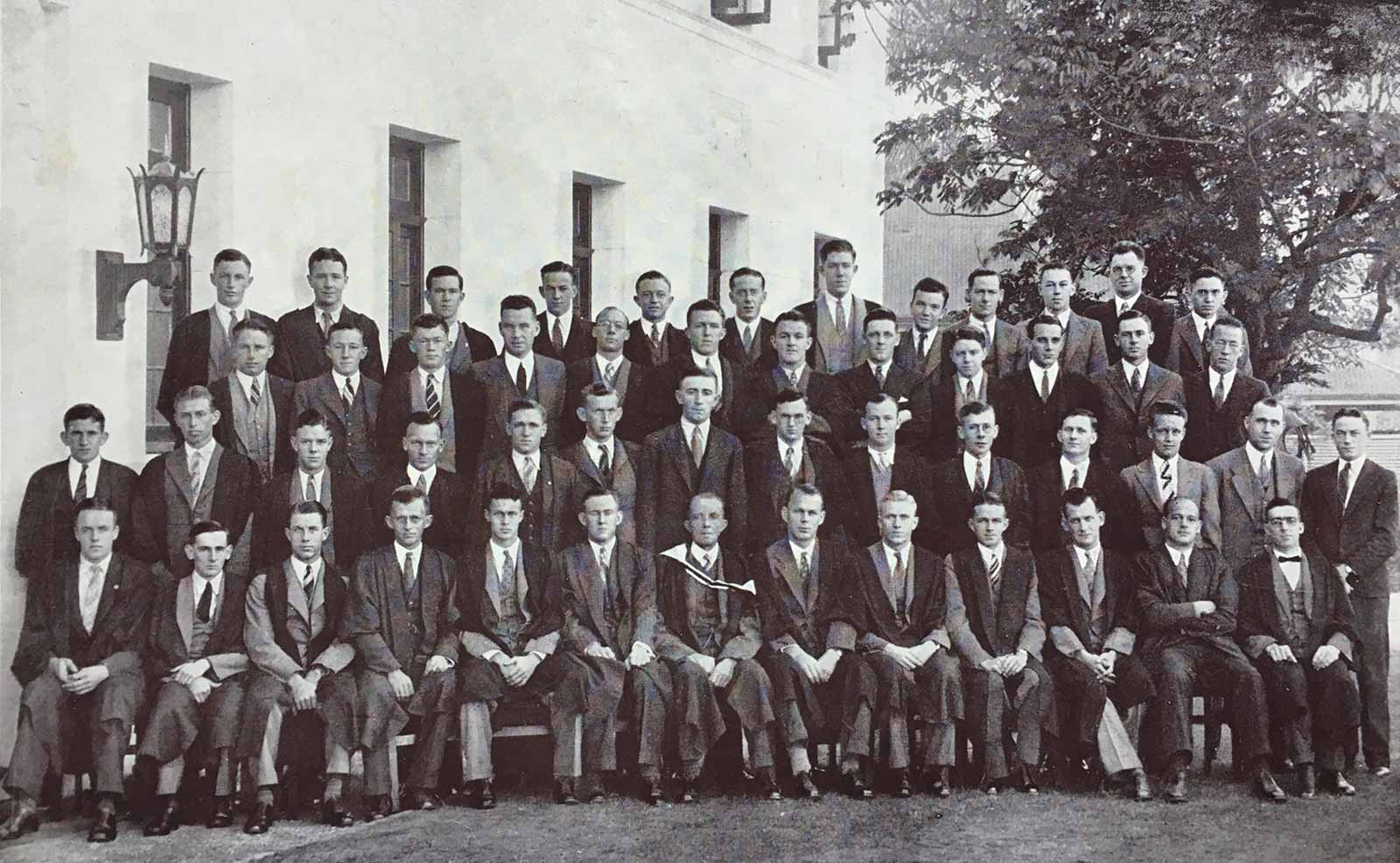
Principal Reverend Henderson expands the tutorial program to better support all 56 male students, while the College Council undertakes major renovations, remodelling buildings and adding a new wing to accommodate the growing number of residents.

During World War II, Emmanuel College plays an active role in the national effort, with its facilities commandeered for military use. While many residents enlist, the 28 who remain relocate to Harrow guest house at 59 Leichhardt Street, Spring Hill.

With 80 students in residence, the college relocates to its current site at St Lucia. Architects Goodsir and Carlyle design a multi-building layout, linked by walkways and a central quad, intentionally crafted to nurture a strong sense of community.

Emmanuel’s student numbers rise to 150, and its sporting prowess surges. The College claims the ICC title and goes on to dominate the competition for six consecutive years from 1963 to 1968, with standout performances in rowing, rugby and cricket
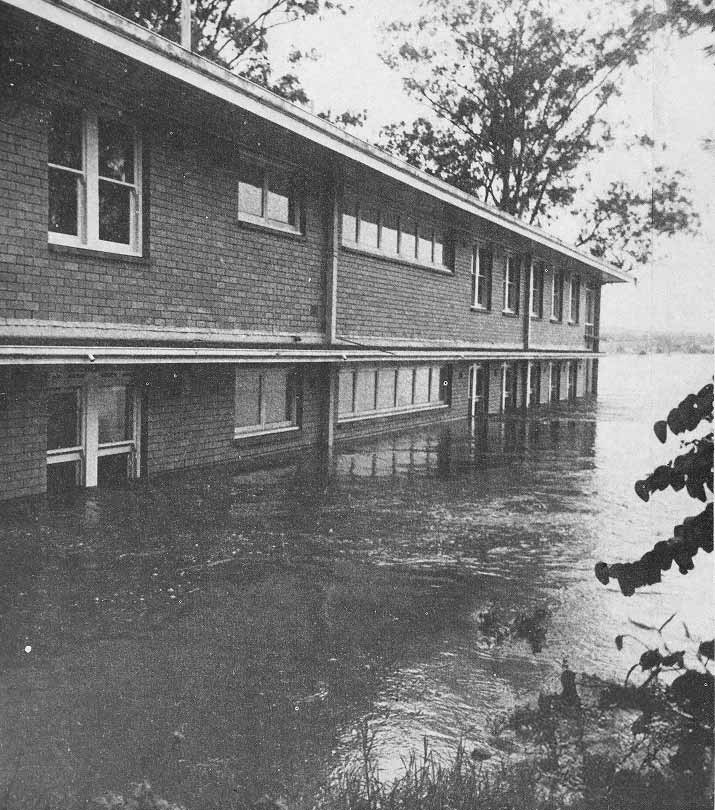
On the Australia Day weekend, the Brisbane River breaks its banks after weeks of heavy rain, submerging parts of Emmanuel College. Martin Wing, the squash courts and the boat shed sustain significant damage, marking one of the most destructive events in the College’s history.

In International Women’s Year, Emmanuel becomes co-residential, welcoming its first female cohort as 60 women joined the student cohort—marking a transformative moment for the College and a powerful step toward gender inclusion.
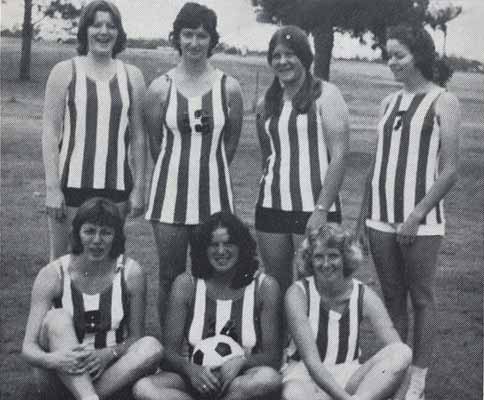
Just one year after women are admitted to Emmanuel in 1976, the College’s female athletes make an immediate impact—winning 6 out of 8 ICC sports and securing the coveted ICC Sports Shield.

Following the formation of the Uniting Church in Australia, Emmanuel updates its constitution to establish joint affiliation with both the Presbyterian and Uniting Churches—reflecting a broader and evolving spiritual foundation.

The ECSC adopts the “Blue Dog” mascot to give the College’s sporting teams a bold and unifying identity. Alongside it the classic Canterbury blue and white striped supporters’ jersey is introduced—now an enduring symbol of Emmanuel pride.

The ECSC marks a milestone in its history with the election of its first female president, Nicola Hutchinson. Her leadership signals a significant step toward gender inclusivity in student governance and reflects the evolving culture of the College.

Governor-General Bill Hayden AC officially opens Drewe, Edmonds and McGregor wings, purpose-built to offer a mix of bedrooms, self-contained flats and accessible accommodation, broadening the living experience at Emmanuel.

Inspired by Emmanuel’s motto, “Let there be light”, stained-glass windows are installed in the chapel, adding colour, symbolism and a spiritual dimension to the space. The designs reflect life at Emmanuel, capturing moments of learning, community and tradition in vibrant detail.
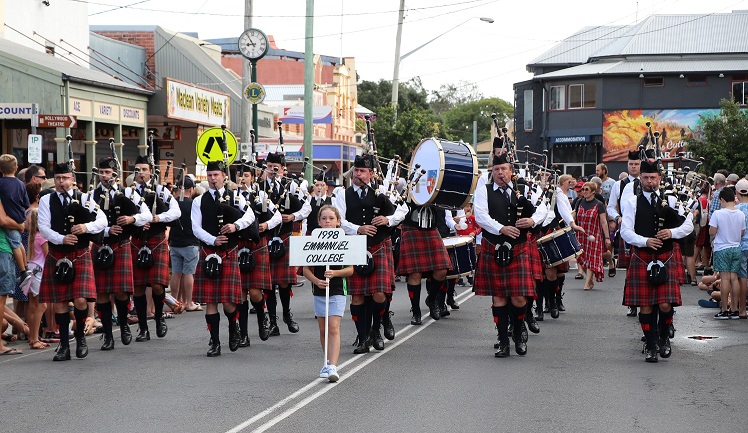
The Emmanuel College Pipe Band is formed, breathing new life into the College’s proud Scottish piping tradition. In 2016, it merges with the Queensland Highlanders to become the Emmanuel College Highlanders at The University of Queensland.
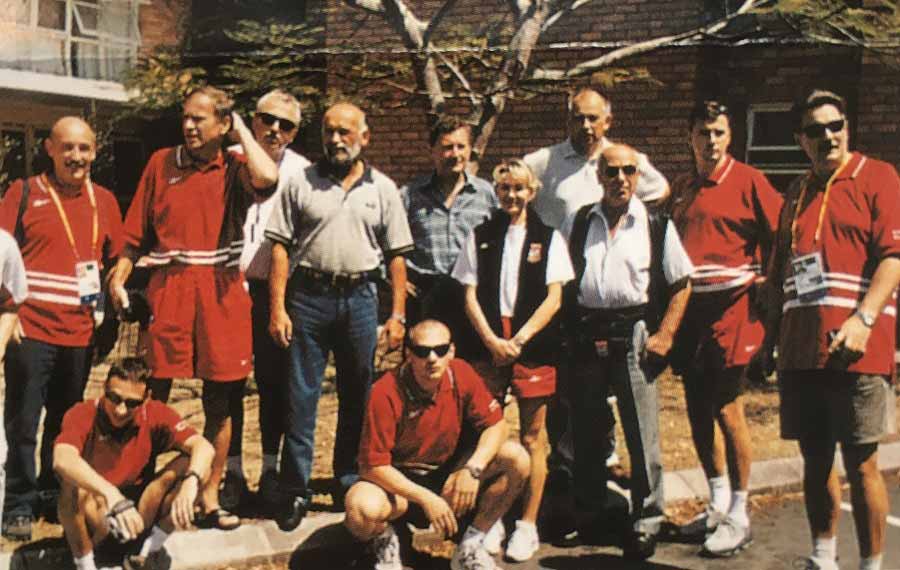
Emmanuel hosts Polish and Czech track and field athletes for a pre-Olympic training camp ahead of the 2000 Sydney Olympic Games. The camp proves fruitful, as the athletes go on to win five gold medals and leave a lasting mark on the College’s sporting history.

On 12 January 2011, Emmanuel College is evacuated after floodwaters from the Brisbane River inundate the riverside carpark and Martin Wing. Among those affected are 77 Korean school students staying on campus for English studies, who are safely relocated to neighbouring King’s College.

Over the next decade, Emmanuel College claims five ICC Cultural Cup victories, in 2013, 2016, 2017, 2019 and 2022. The College’s debating and chess teams also dominate, each securing seven premierships across an impressive eight-year streak, cementing Emmanuel’s reputation for excellence in both intellect and culture.

On 31 October 2017, Emmanuel College officially registers its own tartan with the Scottish Register of Tartans. The tartan reflects Emmanuel’s traditional colours and pays tribute to its Scottish heritage, rooted in its founding by Reverend Dr Ernst Merrington, a Scotsman and Presbyterian clergyman.

Dr Jane Thomson makes history as Emmanuel College’s first female principal. Her student-focused and inclusive leadership marks a progressive step forward for the College.
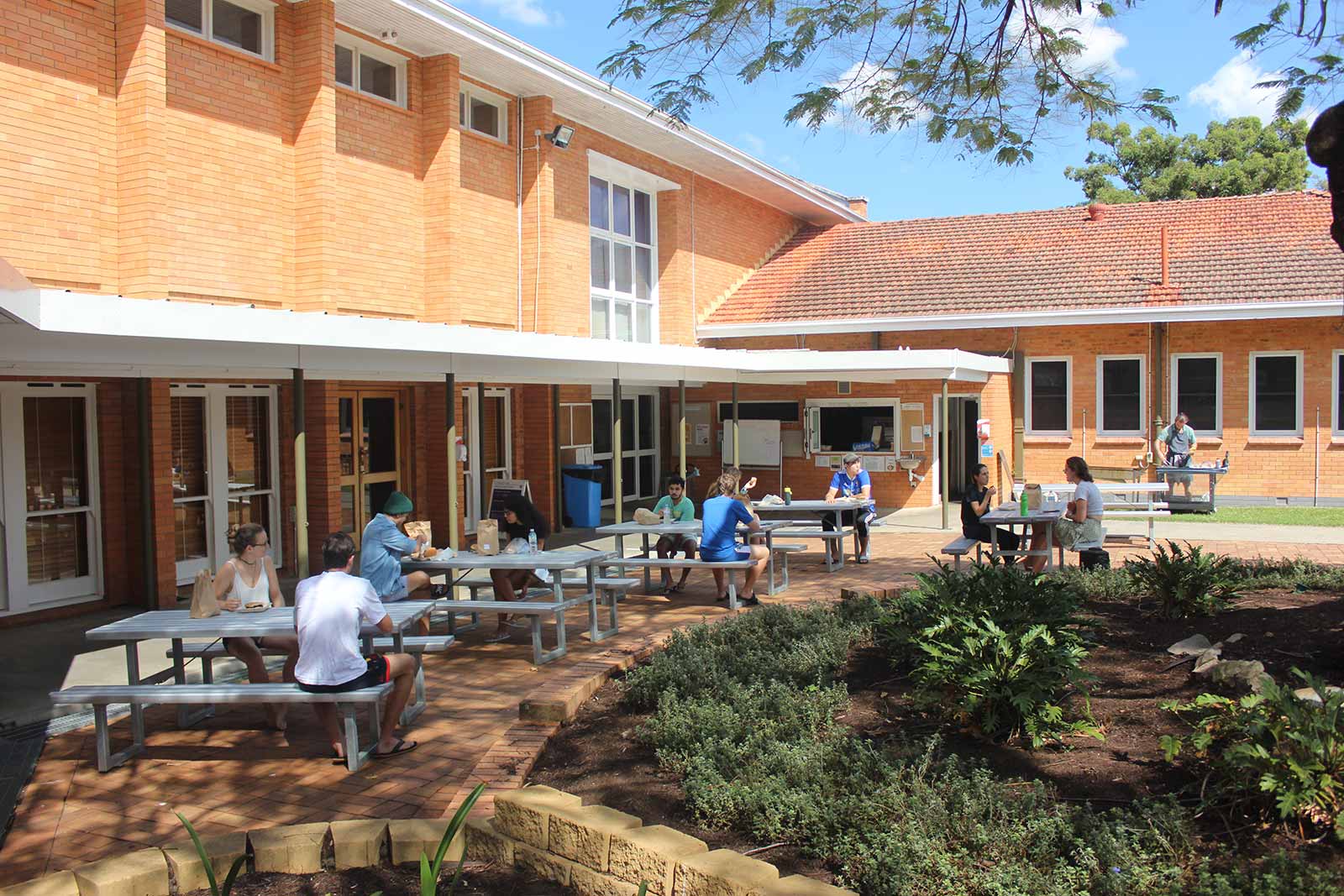
During the global COVID-19 pandemic, Emmanuel College undergoes a partial shutdown, with 92% of students returning home for Semester 1. The College adapts quickly, implementing safety measures, moving tutorials online and maintaining student support remotely.
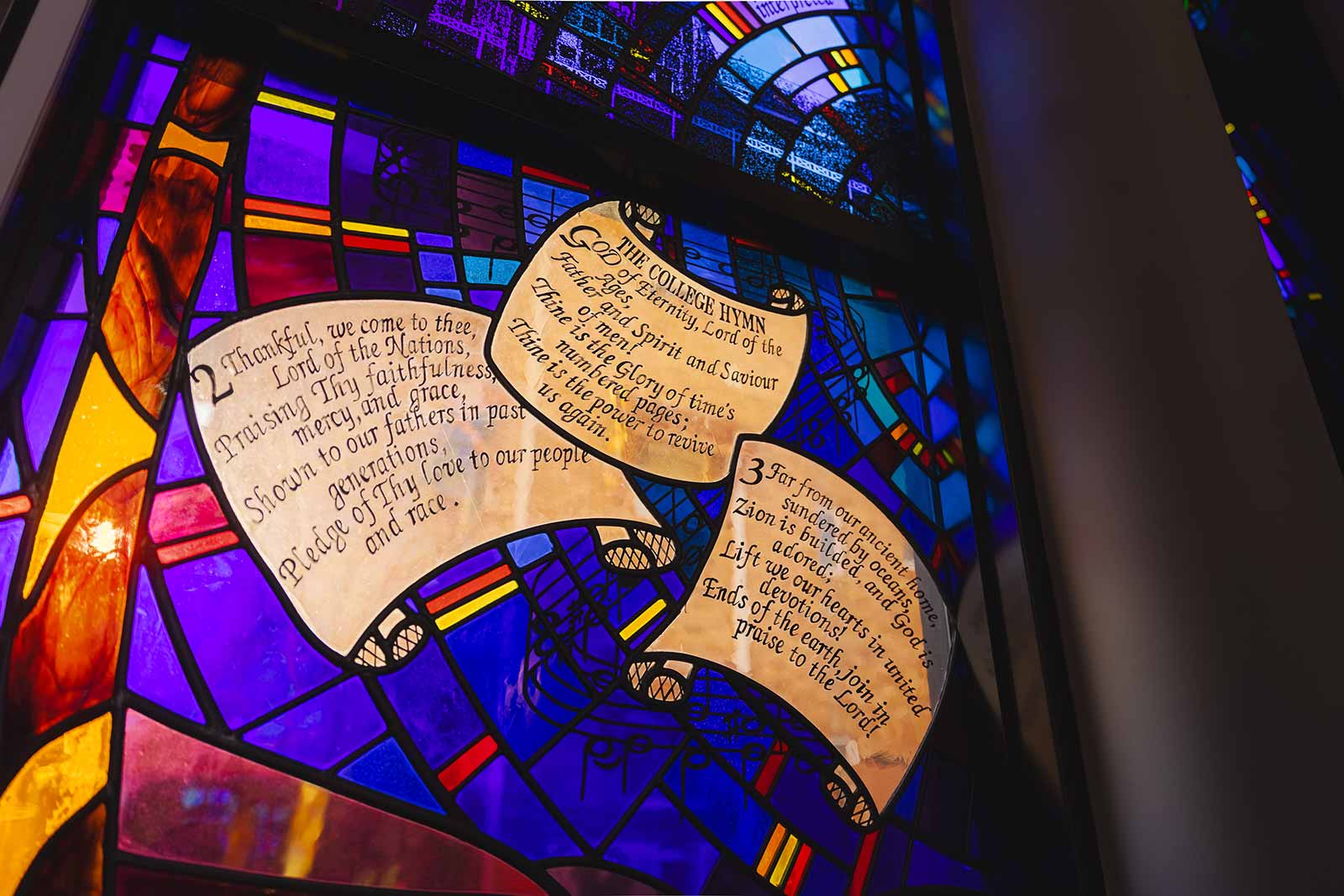
Emmanuel College concludes its formal affiliation with the Presbyterian Church, marking the end of a historic relationship that began in 1911. The College maintains its connection with the Uniting Church, reflecting its ongoing commitment to a supportive Christian environment and inclusive values.
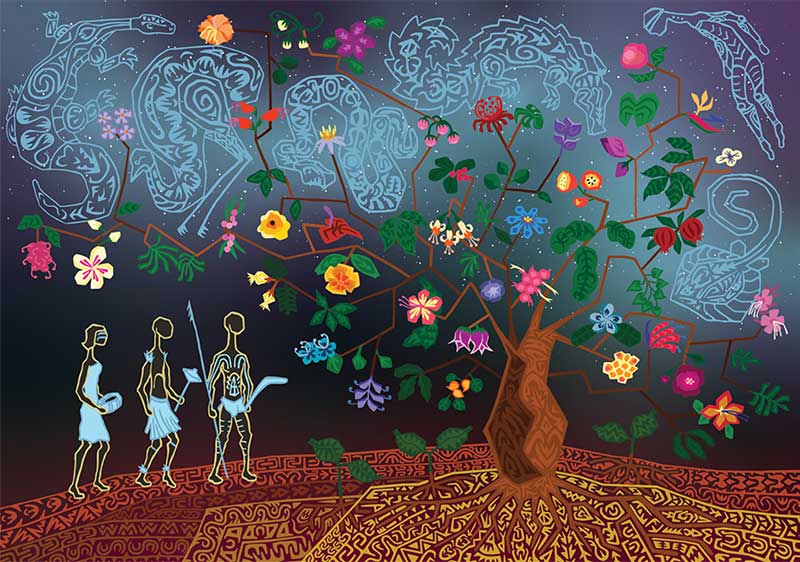
Emmanuel College deepens its commitment to equity, diversity and inclusion with the formal endorsement of its inaugural ‘Reflect’ Reconciliation Action Plan (RAP) by Reconciliation Australia. This milestone lays the foundation for future initiatives by promoting education, respect and engagement with Aboriginal and Torres Strait Islander peoples.

In a devastating repeat of the 1974 and 2011 flood events, Brisbane’s third major flood disaster saw the Brisbane River breaching its banks again, forcing the evacuation of Martin Wing residents to Grace College for Semester 1. Despite the disruption, students responded with resilience, supporting each other and volunteering in the wider St Lucia community to assist flood-affected households.

Over the summer break, Emmanuel College launches an ambitious facilities upgrade, refurbishing 325 individual bedrooms. This large-scale project not only modernises student accommodation but also sets a new benchmark for comfort, functionality and design across the industry.

In a landmark moment for the College, the Board appoints alumna Emma Szczotko as the first female Chair in its 112-year history. Her appointment marks a significant chapter in the College’s ongoing evolution, reflecting both its proud traditions and commitment to inclusive leadership.

The College welcomes postgraduate students as residents, reintroducing a model that once enriched the community. The return to a mixed cohort strengthens the College’s commitment to diversity, intellectual exchange and lifelong learning.
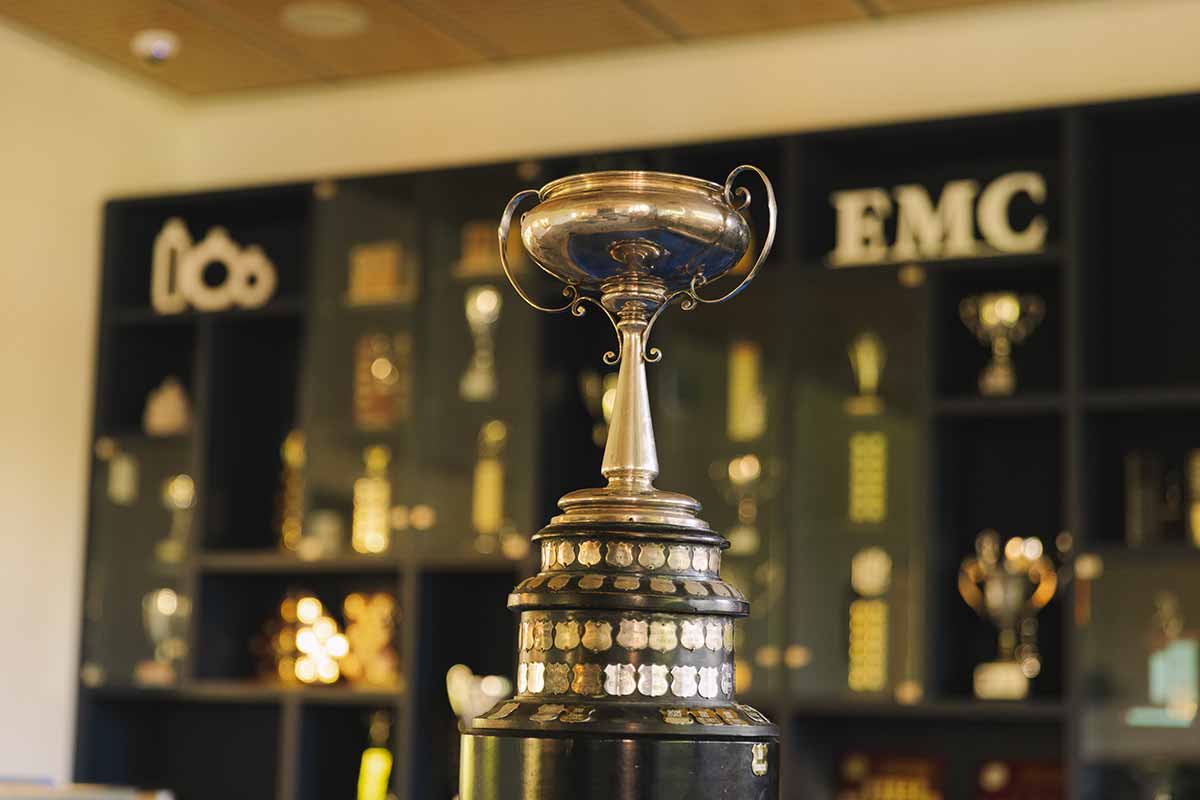
Emmanuel College wins the ICC Old Collegians’ Trophy for the first time since 1972. Male athletes secured premierships in volleyball, basketball, Australian Rules Football and athletics, with strong showings across all sports. First contested in 1913, the trophy returns to Emmanuel after 52 years.